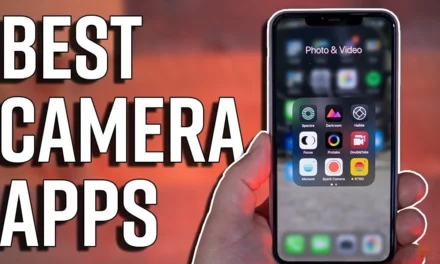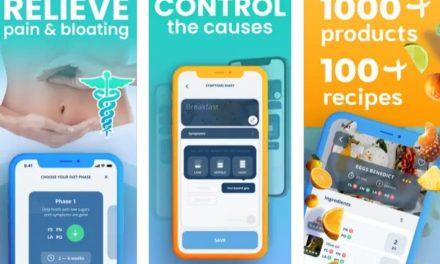In 2025, iPhone users are spoiled for choice. Apple’s stock apps continue to improve, but third-party app developers have also raised the bar with innovative alternatives. So, the question remains: should you stick with Apple’s built-in apps or venture out for better performance and features? Here’s an in-depth comparison to help you decide.
If you’re exploring apps regularly, don’t miss our reviews on the Top iPhone Apps for 2025 .
Stock iPhone Apps: Pros and Cons
Advantages:
-
Seamless integration with iOS
-
Consistent design language
-
Excellent privacy controls (backed by Apple)
-
Free with the device
-
Optimized for battery efficiency
Limitations:
-
Often lack advanced features compared to competitors
-
Slower updates and fewer customization options
Example Stock Apps: Mail, Calendar, Safari, Notes, Weather, Reminders
Top Third-Party Alternatives (2025)
Many users turn to third-party apps for better features, flexibility, and innovation. Apps like Spark, Fantastical, Notion, and Chrome have become popular alternatives to Apple’s defaults.
Advantages:
-
Advanced functionalities and features
-
Frequent updates and user-driven improvements
-
Often cross-platform compatible
Limitations:
-
Potential privacy trade-offs
-
Subscription-based models are common
-
May consume more battery
Feature-by-Feature Comparison
| Function | Stock App | Third-Party Alternative |
|---|---|---|
| Spark / Outlook | ||
| Browser | Safari | Chrome / Firefox |
| Calendar | Apple Calendar | Fantastical / Google Calendar |
| Notes | Apple Notes | Notion / Evernote |
| Maps | Apple Maps | Google Maps / Waze |
Performance Verdict in 2025
| Criteria | Stock Apps | Third-Party Apps |
|---|---|---|
| Speed | Optimized for iOS | Variable, app-dependent |
| Privacy | Strong (Apple’s focus) | Varies per app |
| Features | Basic to Moderate | Advanced & Specialized |
| Integration | Perfect with iOS | Sometimes limited |
When to Choose Stock Apps:
✅ You prioritize privacy and seamless integration.
✅ You want apps optimized for battery and performance.
✅ You prefer a clutter-free experience without extra downloads.
When to Choose Third-Party Apps:
✅ You need advanced features not available in Apple’s apps.
✅ You prefer apps that sync across different platforms.
✅ You want more customization and flexibility.
For more productivity ideas, check our post on iPhone Apps for Work in 2025 (internal link).
Final Thoughts: Which Is Better?
Both iPhone stock apps and third-party apps excel in different scenarios. Stock apps win in privacy, stability, and ecosystem compatibility, while third-party apps often deliver superior features and innovation. Your choice depends on your workflow, preferences, and privacy priorities.
For deeper tech comparisons, see this external guide on Apple Ecosystem Advantages and this review on best productivity apps
FAQs (Keyword-Rich)
1. Are Apple’s stock apps better for privacy?
Yes, Apple’s stock apps are generally more secure because they are deeply integrated with iOS privacy protections, minimizing data sharing.
2. Which third-party iPhone apps outperform Apple’s apps?
Apps like Spark (email), Fantastical (calendar), Notion (notes), and Google Maps often offer better features than Apple’s defaults.
3. Do stock iPhone apps use less battery than third-party apps?
Typically, yes. Apple optimizes stock apps for iOS battery efficiency, whereas third-party apps may consume more resources.
4. Can I uninstall iPhone stock apps in 2025?
Yes, most Apple stock apps can now be removed and re-downloaded via the App Store, giving you flexibility to switch to alternatives.
5. What’s the biggest drawback of third-party apps on iPhone?
Privacy concerns and frequent subscription fees are the most common drawbacks when choosing third-party alternatives over Apple’s apps.





